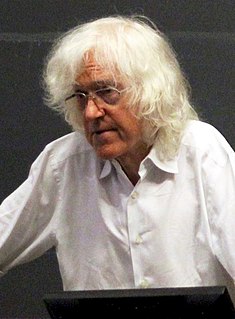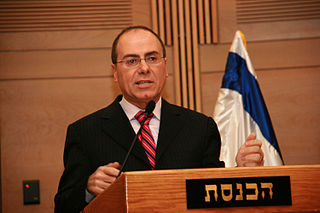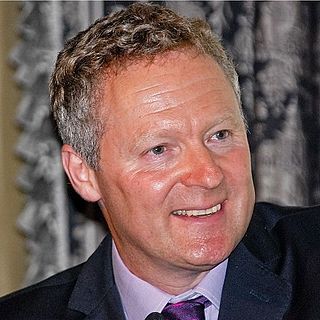A Quote by Derek Parfit
It is not enough to ask, 'Will my act harm other people?' Even if the answer is No, my act may still be wrong, because of its effects on other people. I should ask, 'Will my act be one of a set of acts that will together harm other people?' The answer may be Yes. And the harm to others may be great. If this is so, I may be acting very wrongly, like the Harmless Torturers.
Related Quotes
One of the most sublime and hazardous moments in human experience comes when two people lock eyes and realize that they are sexually attracted to one another. They may not act on the knowledge.They may file it away for future reference. They may deny it. They may never see each other again. But the moment has happened, and for an instant all other considerations are insignificant.
Power! Did you ever hear of men being asked whether other souls should have power or not? It is born in them. You may dam up the fountain of water, and make it a stagnant marsh, or you may let it run free and do its work; but you cannot say whether it shall be there; it is there. And it will act, if not openly for good, then covertly for evil; but it will act.
Heather Badcock meant no harm. She never did mean harm, but there is no doubt that people like Heather Badcock (and like my old friend Alison Wilde), are capable of doing a lot of harm because they lack - not kindness, they have kindness - but any real consideration for the way their actions may affect other people. She though always of what an action meant to her, never sparing a thought to what it might mean to somebody else.
I still believe that, in the long run, the aggregate of the decisions of individual businessmen, exercising individual judgment in a free economy, even if often mistaken, is likely to do less harm than the centralized decisions of a Government; and certainly the harm is likely to be counteracted faster. As I said earlier in this debate, our economic medicine may be painful but it is fast and powerful because it can act freely.
It is very important that you only do what you love to do. you may be poor, you may go hungry, you may lose your car, you may have to move into a shabby place to live, but you will totally live. And at the end of your days you will bless your life because you have done what you came here to do. Otherwise, you will live your life as a prostitute, you will do things only for a reason, to please other people, and you will never have lived. and you will not have a pleasant death.








































